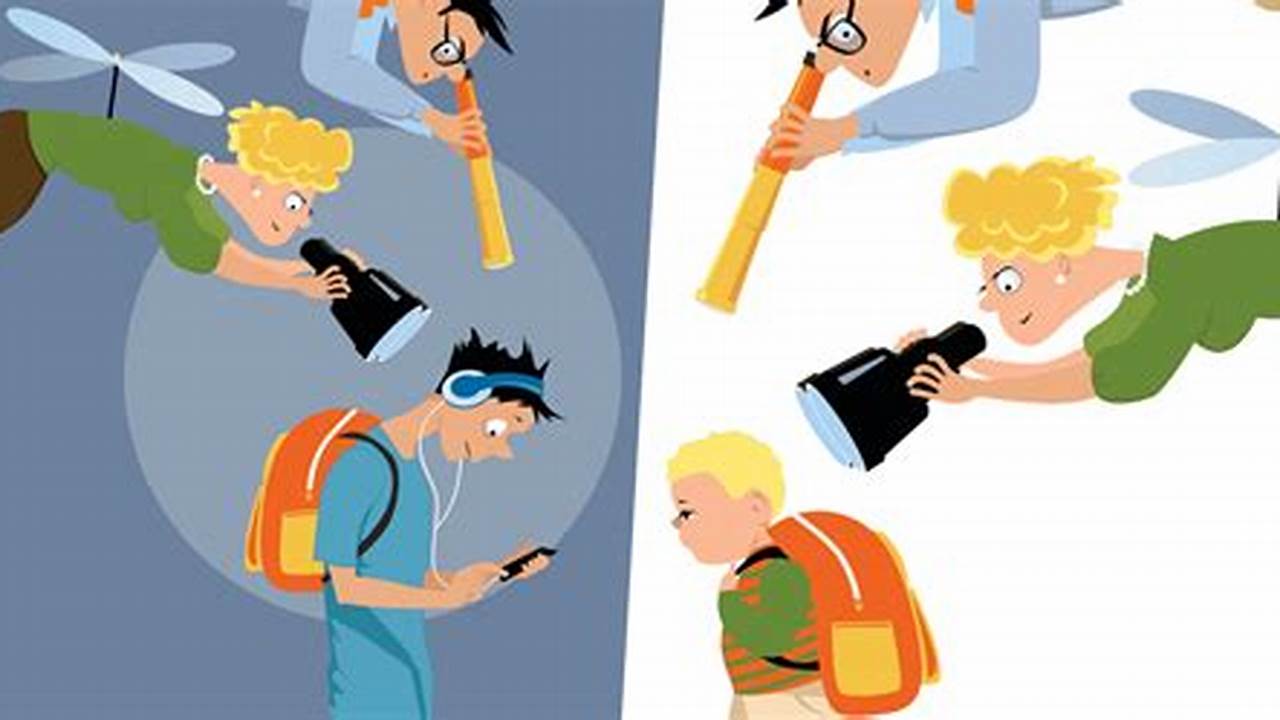Overly involved parenting, often referred to as “helicopter parenting,” can significantly impact a child’s development and well-being. Understanding these effects is crucial for fostering healthy parent-child relationships and promoting children’s independence and resilience. This article explores the potential consequences of such parenting practices and offers guidance for establishing a more balanced approach.
Reduced Independence and Self-Reliance
Children subjected to constant parental intervention may struggle to develop the skills and confidence needed to make decisions and solve problems independently.
Increased Anxiety and Depression
Excessive parental control can contribute to heightened anxiety and depression in children, as they may feel overwhelmed by pressure to meet parental expectations and lack the autonomy to navigate challenges on their own.
Impaired Problem-Solving Skills
When parents consistently intervene and solve problems for their children, they inadvertently prevent them from developing crucial problem-solving abilities and critical thinking skills.
Lowered Self-Esteem
Constant parental hovering can send the message that children are not capable of handling situations independently, potentially leading to feelings of inadequacy and lowered self-esteem.
Difficulty with Social Relationships
Children accustomed to parental intervention in social situations may struggle to develop healthy peer relationships and navigate social dynamics without parental guidance.
Lack of Resilience
Shielding children from challenges and failures can hinder the development of resilience, making it difficult for them to cope with setbacks and adapt to new situations in the future.
Academic Underachievement
While well-intentioned, excessive parental involvement in academics can paradoxically lead to lower academic achievement, as children may become overly reliant on parental support and lack intrinsic motivation.
Increased Parent-Child Conflict
As children reach adolescence and strive for greater independence, overly controlling parenting practices can lead to increased conflict and tension within the parent-child relationship.
Tips for a More Balanced Approach
Encourage Age-Appropriate Independence: Gradually allow children to take on more responsibilities and make decisions within safe boundaries.
Foster Problem-Solving Skills: Guide children through problem-solving processes rather than providing immediate solutions.
Promote Open Communication: Create a safe space for children to express their feelings and concerns without fear of judgment.
Seek Support When Needed: Parenting support groups and resources can offer valuable guidance and insights for fostering healthy parent-child relationships.
Frequently Asked Questions
How can I determine if my parenting style is overly involved?
Reflect on how frequently you intervene in your child’s activities and decision-making processes. Consider whether your involvement is truly necessary or if your child could handle the situation independently.
What are the long-term effects of helicopter parenting?
Long-term effects can include difficulties with independence, self-reliance, and forming healthy relationships in adulthood.
How can I transition to a less controlling parenting style?
Start by gradually reducing your involvement in your child’s activities and encouraging them to take on more responsibilities. Communicate openly with your child about these changes and offer support as needed.
Where can I find additional resources for parenting support?
Parenting books, online resources, and local support groups can provide valuable information and guidance.
By understanding the potential effects of overly involved parenting and implementing strategies for a more balanced approach, parents can foster their children’s healthy development and empower them to thrive as independent, resilient individuals.


